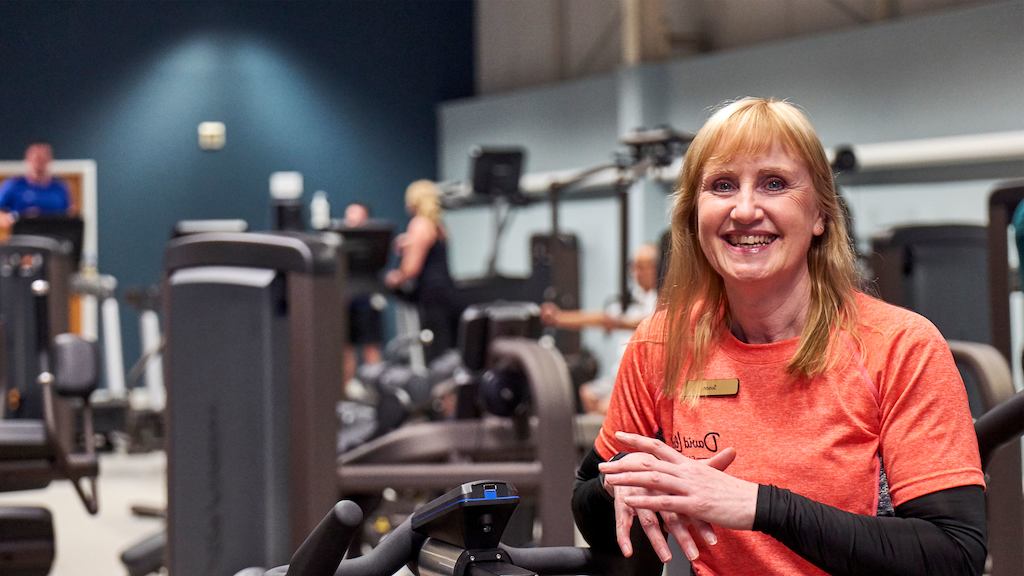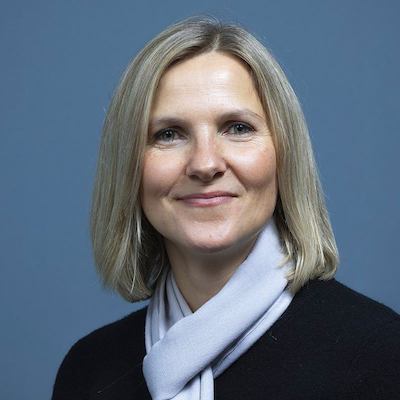The climate change movement has long been calling for us to do more to protect the world future generations inherit. But in addition to clean air and sustainable energy, one of the best gifts we can give future generations is an environment that promotes health, wellbeing and independence.
The average age at which people report a health condition or disability that interferes with daily life is just 62. With today’s 65-year-olds set to live well into their 80s, many of us could face nearly two decades in poor health or living with a disability.
This in turn could prevent us from working or volunteering for as long as we want or need to, making it more difficult for us to remain living in our own homes and connected to our communities, and making it harder to get out and about and spend time with the people we love.
In a new YouGov survey of people aged 40-60, 62% said they worry their physical health will affect their ability to be financially secure, 55% worried it could impact how physically active they can be, and 43% were concerned it could affect the kind of home they could live in when they reach 65.
There are small changes we can all make to increase our likelihood of staying healthy for longer, from stopping smoking and reducing alcohol consumption to eating more healthily and being more physically active.
But, just like tackling climate change, many of the necessary changes have to come from the top. Across the public, private and voluntary sectors, action is needed beyond simply encouraging healthy behaviours. That’s because for the poorest among us, disability-free life expectancy shrinks to just 52 years, and studies consistently show that the quality of our jobs, our homes and the environment around us can make a huge difference to our health – and even our life expectancy.


